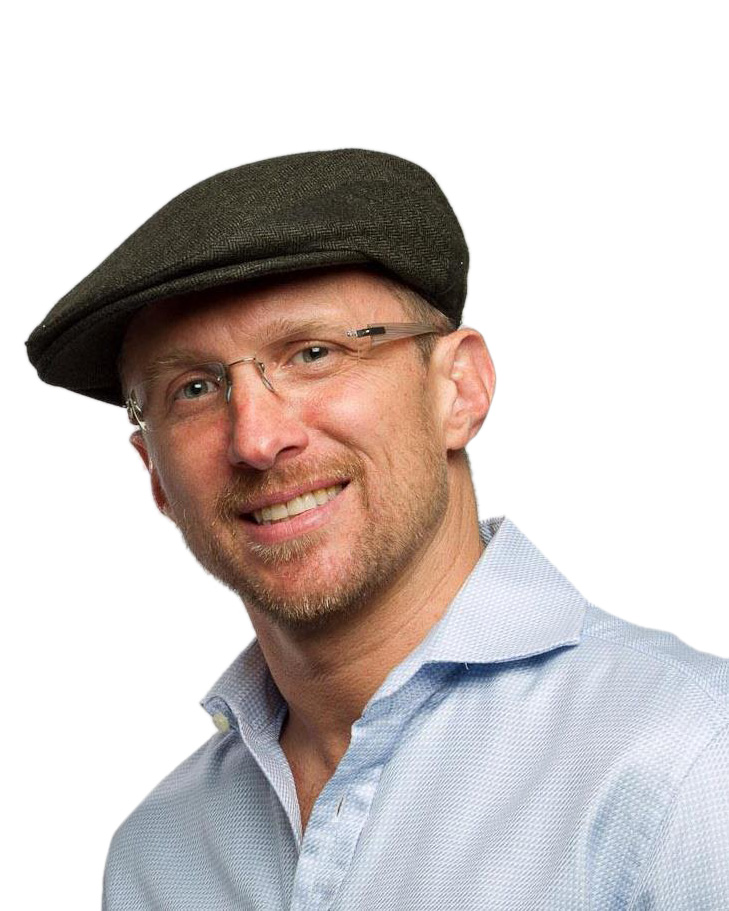Dr. Blackledge had a very unique exposure to medicine, early addiction programs, and the idea of service growing up even without any physicians or medical professionals in his family. As a child growing up in Iowa he was 'redshirted' from kindergarten and instead joined his father on the campaign trail of the Democratic Primary in Wisconsin where he was one of the directors running Mo Udall's campaign against Jimmy Carter for the Democratic nomination. His father was active in politics serving on the Iowa Drug Abuse Advisory Council. He was on the Board of Directors of Alcoholism and Drug Abuse Services Inc, which was the first JCAHO (Joint Commission on Accreditation of Healthcare Organizations) approved combined drug and alcohol treatment program in the United States in 1976. He had also been the chairman of the Board of Directors for Adapt Inc. (Alcohol and Drug Abuse Prevention & Training) If you want to make a kid a workaholic as an adult chasing some insane notion only a child would come up with, then take him to work for a month at the age of 5 and give him more attention then he received in his entire life.
Now if this take your son to work for a month idea happens to be during one of the more exciting primary's in the history of the Democratic party, then you might just accidentally spawn an adult obsessed with the back rooms of history. As it turned out the Wisconsin primary was a turning point in the campaign for the Presidency and a famous night in democratic politics. It appeared late that Udall had won, with the early results confirming this expectation. Even the candidates thought it was over and gave statements before the late results turned the race to Carter. If you ever get the trivial pursuit question that asks what are the two times in Presidential elections where newspapers erroneously called the wrong winner, then you now know one was the Milwaukee Sentinel running the headline, "Carter upset by Udall." The other being the infamous Chicago Tribune headline following the 1948 presidential election, "Dewey defeats Truman." Now if you can imagine a 5 year old on the most exciting few days of his life waking to a strange paper written from an erroneous perspective, you can see where a lifelong fascination with shifting perspectives might have begun.
As a kid growing up in Iowa, politics never seemed to end after that first experience. We seemed to have the presidential candidates in our living room at least two of every four years. His step-mother would become the head of Planned Parenthood in Iowa and later served on the national Planned Parenthood board. At some point he would fatefully tell himself, "if you want to be in the room when history is made you need to find the people who are going to make history and work for them." It took forty years to realize how much this perspective would guide his career and life's experiences. He never saw himself wanting to be on the stage or behind the podium, but sought the back rooms where history is forged by thousands dedicated to service.
At the age of 15, Dr. Blackledge's mother moved to Rochester, MN where his mother was a learning disability teacher and his step father, Colonel Randy Jones, volunteered as a tour guide in the Mayo Historical Suites on the third floor of the Plummer building. The suites contains the original offices of Charlie and Will Mayo largely unchanged since their death in 1939. These offices are about as sacred as they come in medicine. He was always struck by the number of doctors from around the world who came to hear the stories of his step father who knew every plaque, award, and odd story on the walls. You can still see the sign hanging in Will's office that reads, " There's no fun like work." In these suites you learn the origins of the Sister Mary Joseph node taught to every medical student. Sister Mary Joseph was Will's surgical assistant for 25 years and had drawn his attention to the nodule in the umbilicus that would later become known as a sign of a hidden pelvic or abdominal cancer. She died early in 1939, followed later that year by both Will and Charlie Mayo just two months after the other. Their offices have been preserved ever since as a tribute to their work in founding the Mayo Clinic.
 Book
Book Call
Call Map
Map Hours
Hours